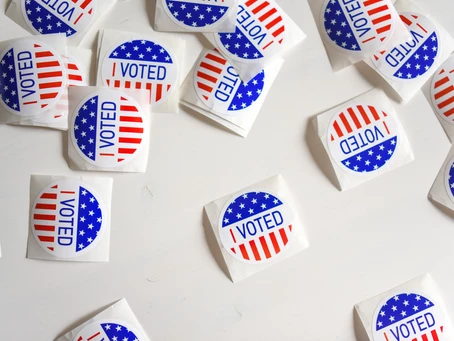Proposition 15 on the voter ballot this November 3, “The California Schools and Local Communities Funding Act of 2020” is a proposition to increase taxes to current property values only on commercial and industrial properties. This will undo a major component of the landmark 1978 Proposition 13 if it passes by creating a split tax roll. A split tax roll which would separate the way taxes are assessed on residential properties versus commercial and industrial properties in California
Proposition 13 was passed by the voters in 1978 and currently protects all commercial and residential property owners from rising tax rates until they sell or remodel their residential or commercial property.
Proposition 13 currently requires a 2 percent annual increase in the real estate tax levied on a property. For instance, if property taxes in one year were $10,000, the taxes will increase to $10,200 the following year unless the property was remodeled or sold.
This new amendment on Proposition 13 will keep residential under the current Proposition 13 laws; in contrast, it will increase commercial and industrial taxes to astronomical levels due to current commercial and industrial real estate prices.
For example, a commercial property purchased in 1990 that cost $2 million will have an annual property tax of 1.2 percent, which is $24,000. This same building is now worth $7.5 million today. The proposed bill would require the owner to pay an annual tax rate of more than $90,000 — nearly four times as much.
This might be a rare example of a tax increase, but it does demonstrate how potentially damaging a split tax roll will affect business. It should be considered that commercial real estate typically is held for long periods of time and that it is sometimes handed down from generation to generation.
Every commercial lease has a pass-through provision for increased expenses in the contract; therefore, tenants will bear the cost of additional taxes. This bill will add huge costs to all commercial real estate owners and tenants.
Those tenants might have to lay off employees, raise prices or move out of California all together. Furthermore, this proposed increase in taxes will push the value of commercial real estate down and it will surely send the California real estate market into a tailspin.
The thought of huge tax increases on commercial real estate will depress real estate values. Sure, the taxes will go down with the value of the property. However, the mortgage market could collapse in California, since the value of the real estate will be dramatically depressed. Real estate investment trusts will be devalued and might cause major calamity in the securities markets.
The California commercial real estate market is already hurting from COVID-19. Before Proposition 13 was voted on, people were losing their homes because they could not afford the property taxes.
Most Californians tend to be unsophisticated when it comes to economic propositions, a voter might simply check the yes box without knowing the consequences. This tax shift merely imposes a tax on every individual by disguising it as a good way to help our schools and infrastructure. The implementation of Proposition 13 has served the residents of California well for more than four decades.
Vote no on Proposition 15.



